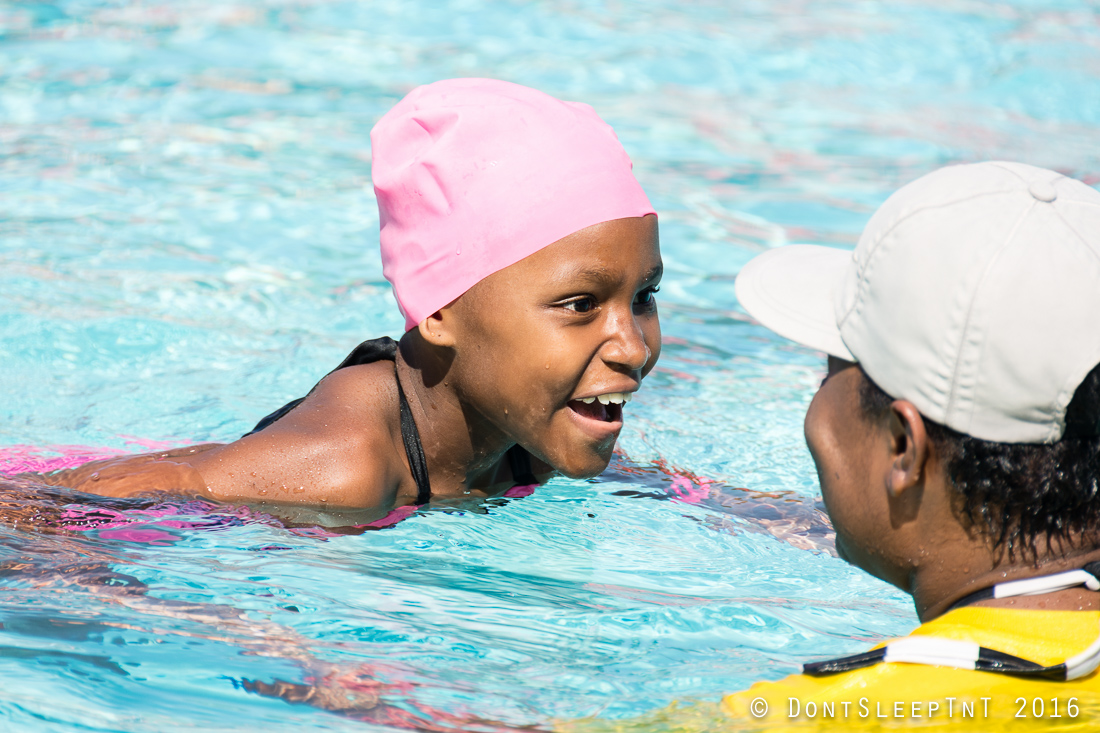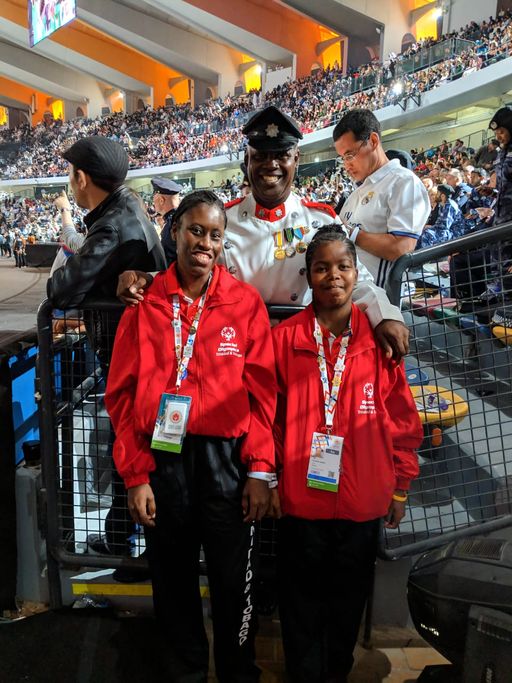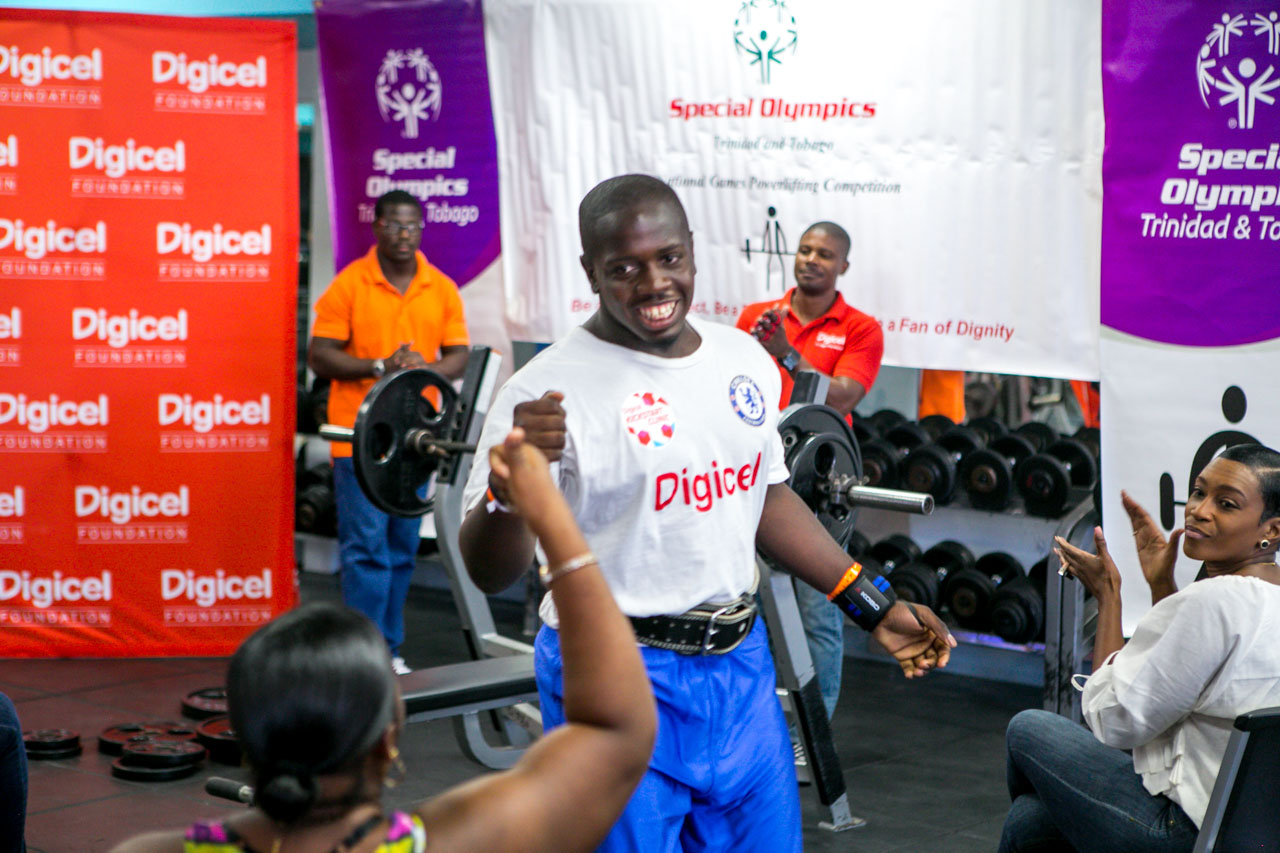About Special Olympics T & T
Special Olympics is an international sports organization that uses the power of sport as a catalyst for social change. Through sport, we challenge society. By highlighting how the needs of people with intellectual disabilities are not being met, we expose inequity and exclusion. By drawing attention to the gifts of people with intellectual disabilities, we break down misconceptions and tackle negative attitudes.
“To provide year-round sports training and athletic competition in a variety of Olympic-type sports for children and adults with intellectual disabilities, giving them continuing opportunities to develop physical fitness, demonstrate courage, experience joy and participate in a sharing of gifts, skills and friendship with their families, other Special Olympics athletes and the community.”.
Special Olympics is founded on the belief that people with intellectual disabilities can, with proper instruction and encouragement, learn, enjoy, and benefit from participation in individual and team sports. These must be adapted only as necessary to meet the needs of those with intellectual and physical limitations. Special Olympics believes that consistent training is indispensable to the development of an individual’s sports skills. In addition, competition among those of equal abilities is the most appropriate means of testing these skills, measuring progress, and providing incentives for personal growth.
… of participation in Special Olympics for people with intellectual disabilities include improved physical fitness and motor skills, greater self-confidence, a more positive self-image, friendships, and increased family support. Special Olympics athletes carry these benefits into their daily lives at home, in the classroom, on the job, and in the community. Families who participate become stronger as they learn a greater appreciation of their athlete’s talents. Community volunteers find out more about the capabilities of people with mental retardation.
Persons are eligible for Special Olympics competition provided they are eight years of age or older, have been identified by an agency or professional as having an intellectual disability, cognitive delays as measured by formal assessment and have registered to participate in Special Olympics. According to the American Association on Intellectual and Developmental Disabilities (AAIDD), intellectual disability is characterized by significant limitations both in intellectual functioning (reasoning, learning, problem-solving) and adaptive behavior, which can cover a range of everyday social and practical skills. These disabilities originate before age 18.Adaptive behaviors, as defined by the AAIDD (2013), include actions and routines performed by people in their daily lives and include three categories: conceptual skills, social skills, and practical skills. Athletes who have physical disabilities but who do not have intellectual disabilities are not eligible for Special Olympics




Special Olympics is more similar than different from other sports organizations. However, it is important to identify those areas that make Special Olympics unique.
- Special Olympics does not charge a fee to athletes (or their families) to train or compete.
- A variety of sports opportunities are provided for all ability levels.
- Ability groupings are created through a process called “Divisioning” to provide equitable competition (evenness) for all athletes within each ability grouping (division).
- Awards are provided to all participants who compete.
